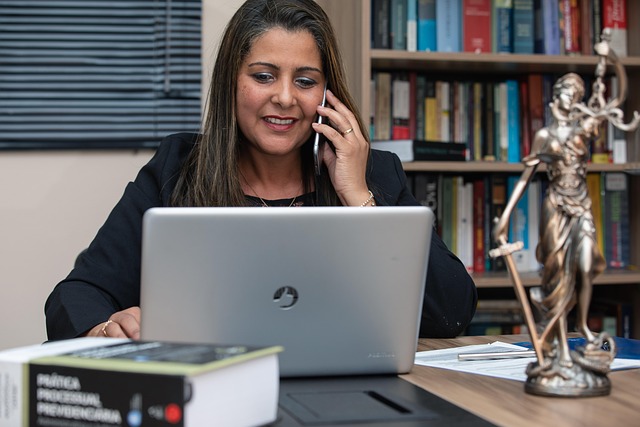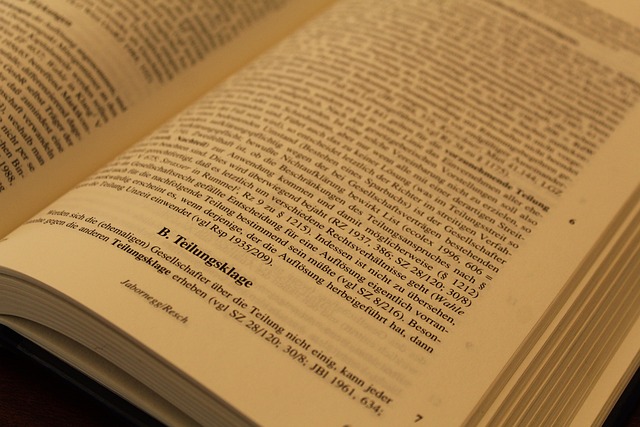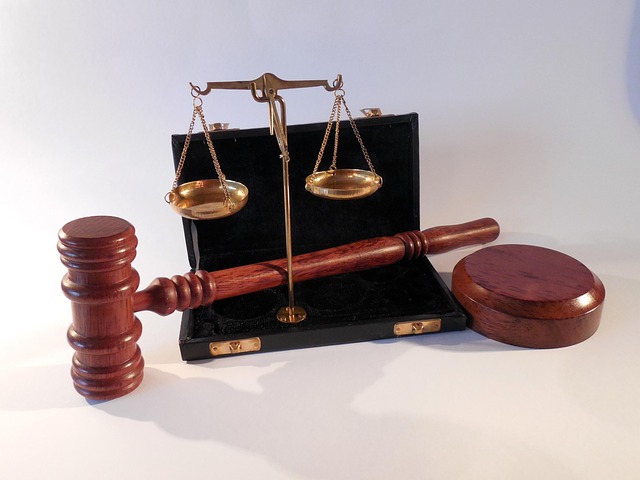A personal injury trial involves filing a lawsuit, discovery processes, case presentation to judge/jury, and reaching a verdict on liability and settlement fairness. Compelling evidence includes medical records, witness statements, and expert opinions. Outcomes can be negotiated, settled out-of-court, or decided by a jury, with negotiation offering quicker, less costly resolutions.
“Facing a personal injury trial can be daunting, but understanding the process is key. This comprehensive guide breaks down what to expect during each step of your legal journey. From grasping fundamental legal procedures to presenting compelling evidence and testimonies, you’ll learn how to navigate this complex landscape. We’ll also explore the potential outcomes, whether through negotiation, settlement, or a jury decision. Equip yourself with knowledge as we demystify the personal injury trial process.”
- Understanding Legal Procedures in Personal Injury Trials
- Presenting Your Case: Evidence and Testimonies
- Negotiation, Settlement, or Jury Decision: Next Steps
Understanding Legal Procedures in Personal Injury Trials

A personal injury trial is a structured legal process designed to determine liability and secure an appropriate injury settlement for victims. Understanding the procedures involved is crucial when navigating this complex landscape. The initial step often includes filing a lawsuit, where the victim (plaintiff) formally alleges negligence on the part of the defendant, typically another individual or entity responsible for the accident. This is followed by a series of discovery processes, where both parties exchange relevant information and evidence. Depositions, where witnesses provide sworn testimony, and expert opinions are common during this phase.
As the trial progresses, each side presents their case to a judge or jury, outlining their version of events and providing supporting documents and witness testimonies. The personal injury attorney for the plaintiff aims to prove that the defendant’s actions or inactions directly led to the injuries sustained. Once both sides have presented their arguments, the judge or jury deliberates to reach a verdict, ultimately deciding on the allocation of responsibility and the fairness of any proposed injury settlement. This structured approach ensures a fair assessment of claims, allowing victims to seek justice for their injuries and hold responsible parties accountable.
Presenting Your Case: Evidence and Testimonies

During a personal injury trial, presenting your case effectively involves compiling and presenting compelling evidence and testimonies. This includes medical records detailing the extent of your injuries, witness statements corroborating your version of events, and expert opinions from healthcare professionals or accident reconstructionists. Your Orlando auto accident attorney will guide you through this process, ensuring that every piece of evidence is accurately represented to strengthen your claim.
Testimonies play a crucial role in personal injury trials. You’ll likely provide your own account of the incident, detailing how the auto accident occurred and the resulting injuries. Additionally, witnesses who were present during the accident can offer their perspectives, enhancing the credibility of your case. An experienced Orlando auto accident attorney knows how to harness these testimonies to advocate for your client’s recovery in court.
Negotiation, Settlement, or Jury Decision: Next Steps

After a thorough personal injury trial, where both sides present their evidence and arguments, the next step is to determine how the case will resolve. The options are clear: negotiation, settlement, or a jury decision. Negotiation involves direct communication between both parties to reach an agreement outside of court. This approach can be beneficial as it’s often quicker and less expensive than going to trial. A settlement, on the other hand, is reached when the personal injury lawyer and the opposing party agree on terms, leading to a mutually acceptable outcome without a jury’s intervention.
If a settlement cannot be reached, or if one side isn’t satisfied with the proposed terms, the case will proceed to a jury decision. A jury of peers will deliberate and decide on the merits of the case, awarding damages as they see fit. Understanding these next steps is crucial for anyone navigating a personal injury case, ensuring that expectations are set and that the best possible outcome is pursued in accordance with employment contracts and legal principles.
A successful personal injury trial requires a thorough understanding of legal procedures, compelling evidence presentation, and strategic negotiation. By navigating these key aspects effectively, individuals can ensure their rights are protected and achieve a favorable outcome in their personal injury case. Whether it leads to settlement or a jury decision, being well-prepared is essential for a positive resolution.






